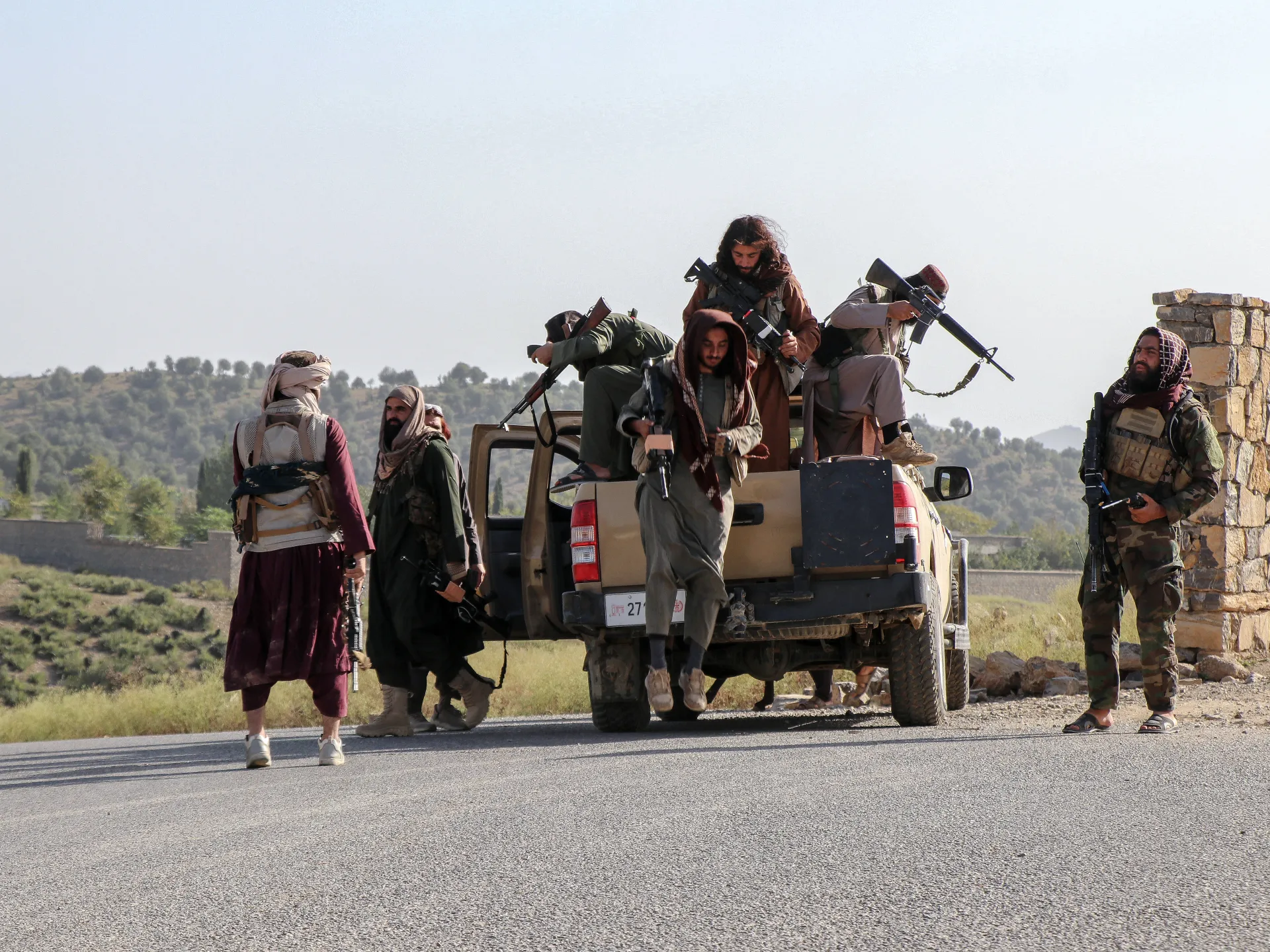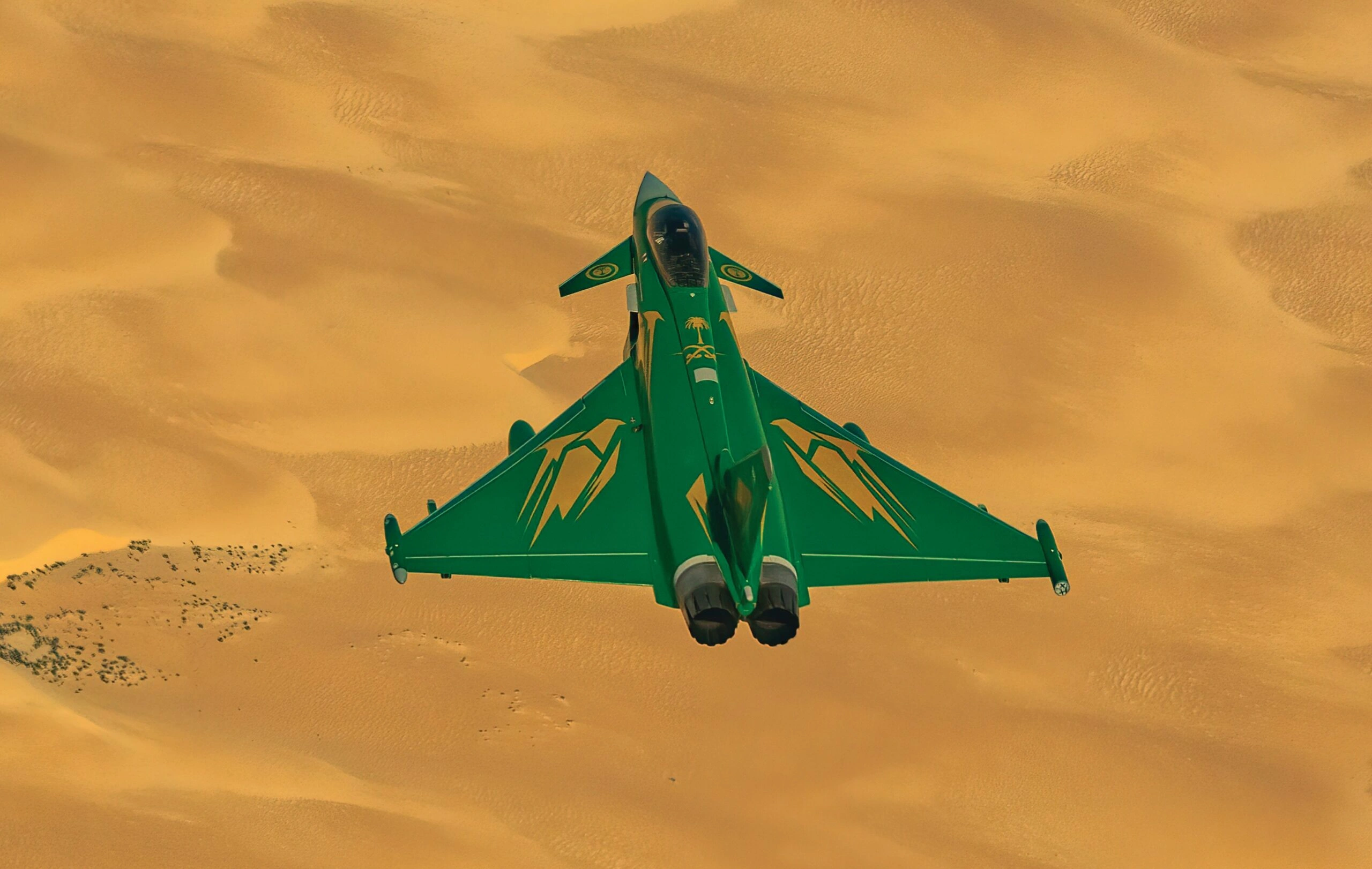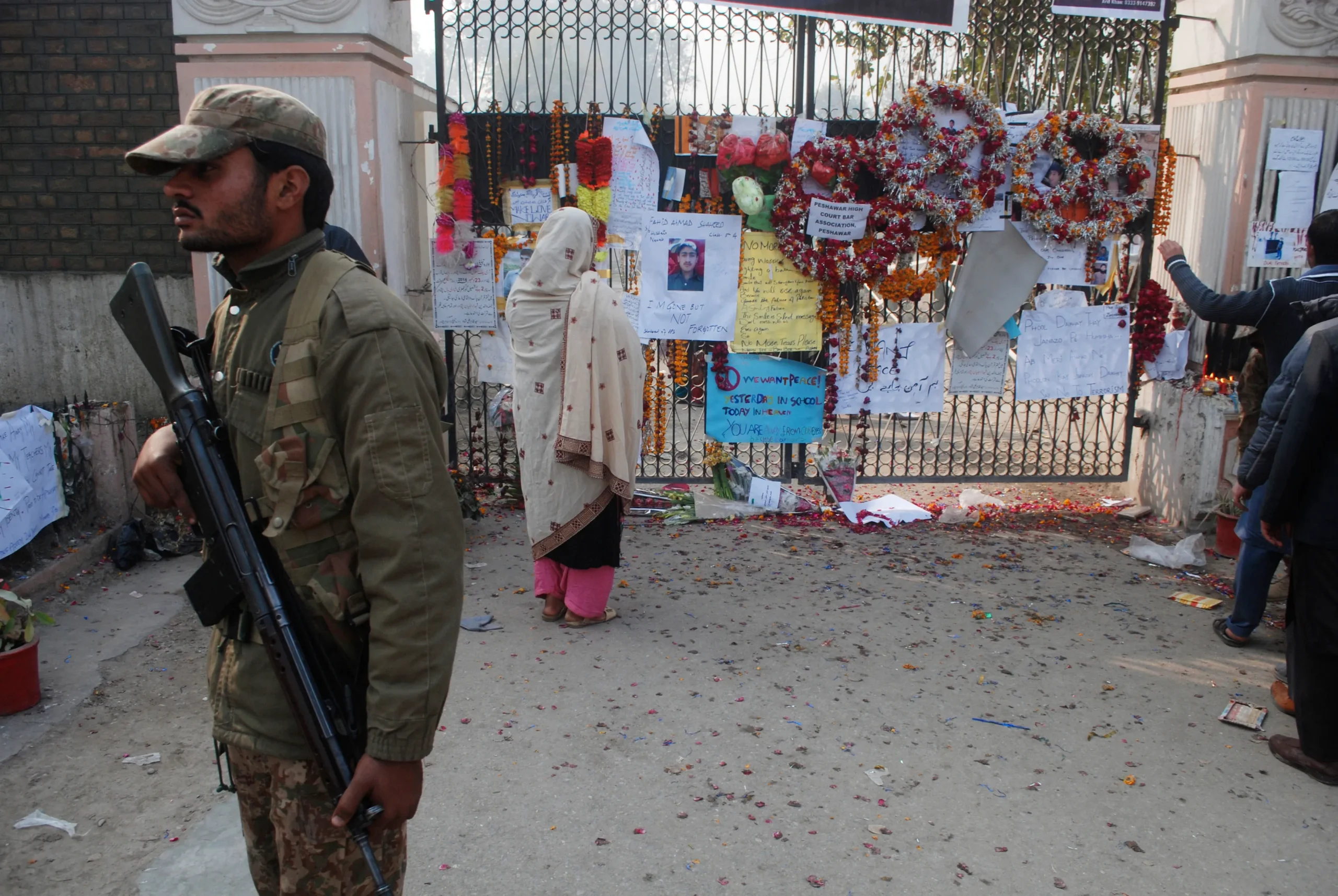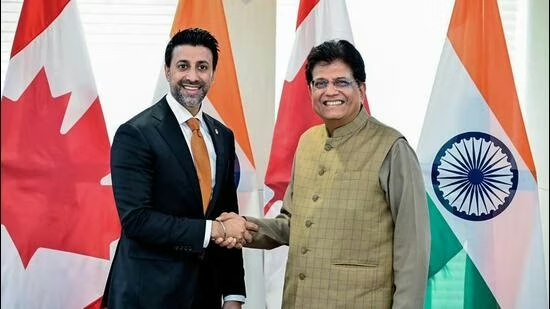KHAR: The Awami National Party (ANP)-led jirga here on Saturday urged the government to open the Pak-Afghan border points to resume trade and business activities with Afghanistan.
The Bajaur chapter of the ANP convened the jirga at the Khar Press Club, where leaders and traders discussed the issues caused by the closure of the Pak-Afghan border points and urged the Pakistani government to reopen the trade routes—Nawa, Latai, Ghakhi passes, and others.
Also See: Pak-Afghan Border – A Tale of Challenges
Call for Cross-Border Trade Revival
A large number of local political and tribal elders and leaders of the traders attended the jirga. Among them were Gul Afzal Khan, Maulana Khan Zeb, and Member Provincial Assembly MPA Nisar Baz. Sardar Khan of Jamaat-e-Islami, Sher Bahadur, and Aurangzeb Inqilabi of Pakistan People’s Party also participated. Additionally, the president of Khar Bazaar, Wajid Ali Shah, and the president of Inayat Killay Bazaar, Imran Mahir, were present. Tribal elders Qazi Abdul Manan, Malik Azeem, and others also attended the jirga.
The participants unanimously demanded that the governments of Pakistan and Afghanistan immediately open the historically significant trade routes. These routes have been closed for the last two decades, hindering the movement of goods and people.
“Opening these routes would not only have a positive impact on the security situation but would also improve the region’s economic condition,” said a speaker. He added that it would strengthen the social bonds of love and brotherhood between the peoples on both sides. The speaker also mentioned that the trade routes of Chaman, Torkham, Ghulam Khan, and Kharlachi were already open for such activities.
He said that the opening of remaining trade routes, including Nawa Pass, would boost economic activities in the region. The participants of the jirga also called on all political parties to include the restoration of peace and the opening of trade routes with Afghanistan, including Nawa Pass and others, in their parties’ manifestos.
Maulana Khan Zeb said that the ANP had been holding jirgas from time to time to promote peace and open trade routes with Afghanistan. He added that this process would continue in the future. The goal is to facilitate the businesses of local people in the area.
This news is sourced from The News and is intended for informational purposes only.

![ANP-led jirga urges reopening of Pak-Afghan border points to boost trade and improve regional economic conditions. [Image via Facebook@BajaurANPTigers]](https://southasiatimes.org/wp-content/uploads/2024/12/1261708_2783326_ANP-jirga_akhbar.webp)




